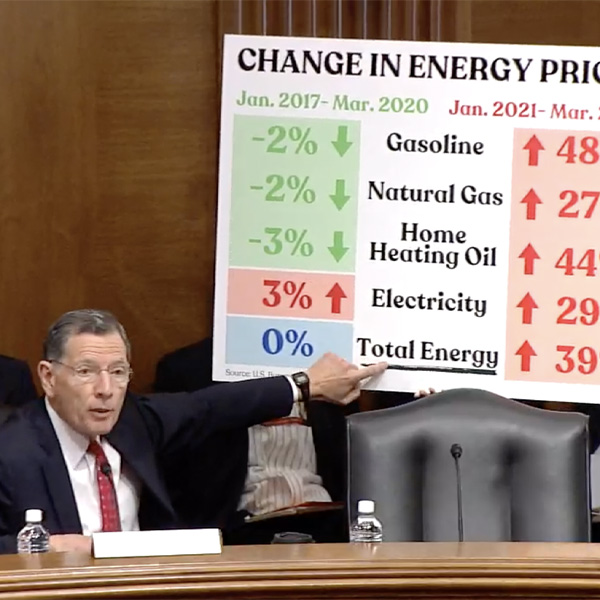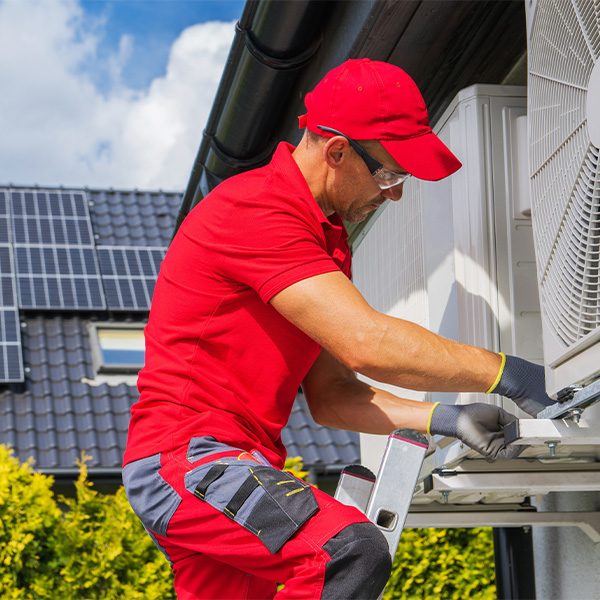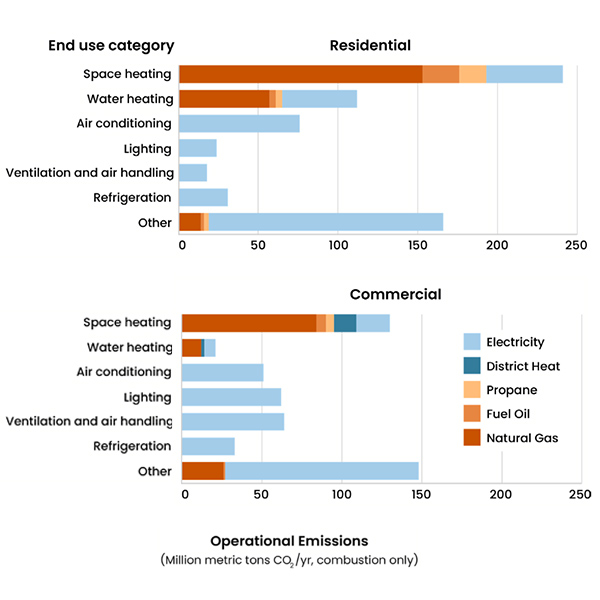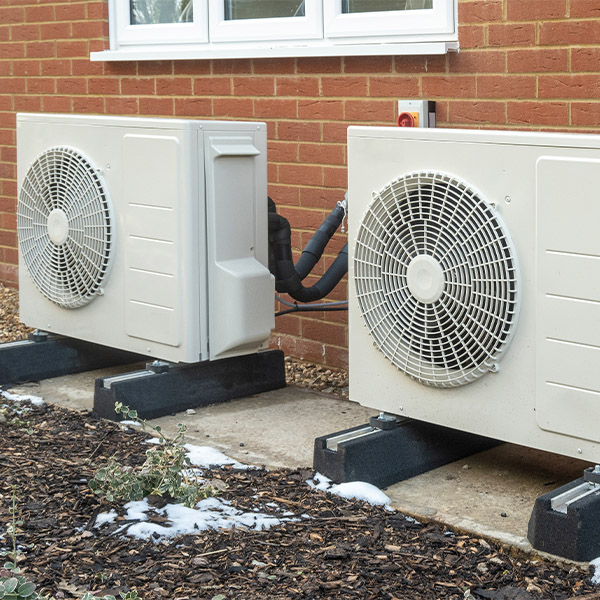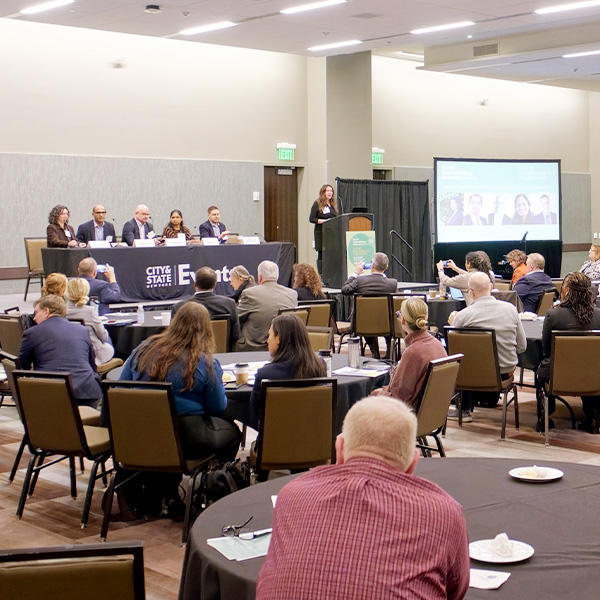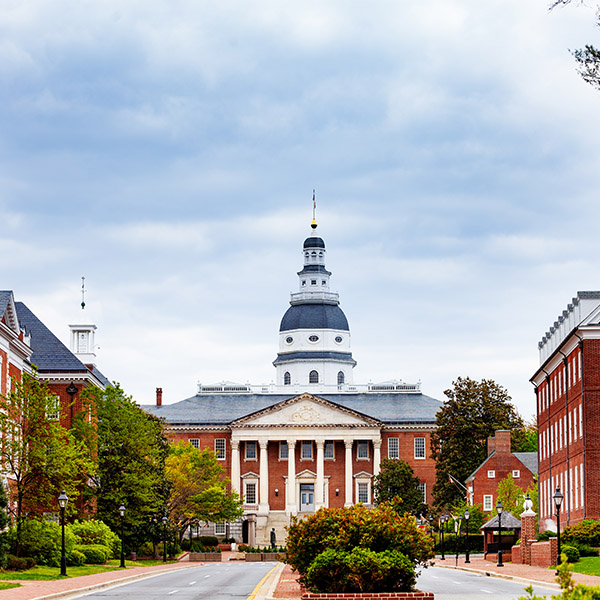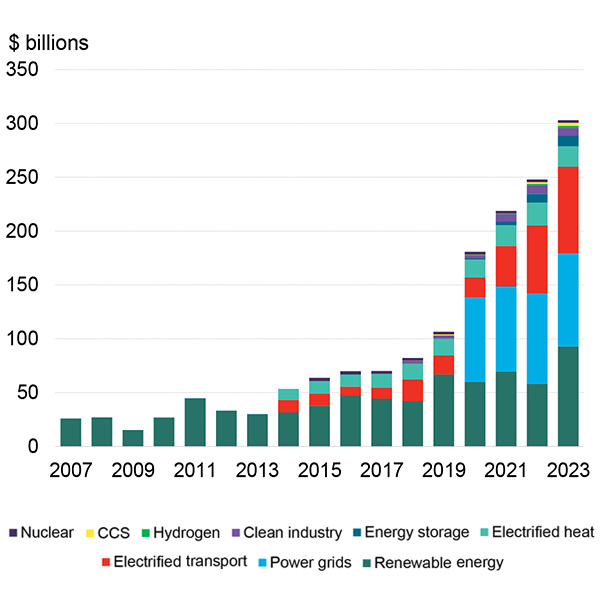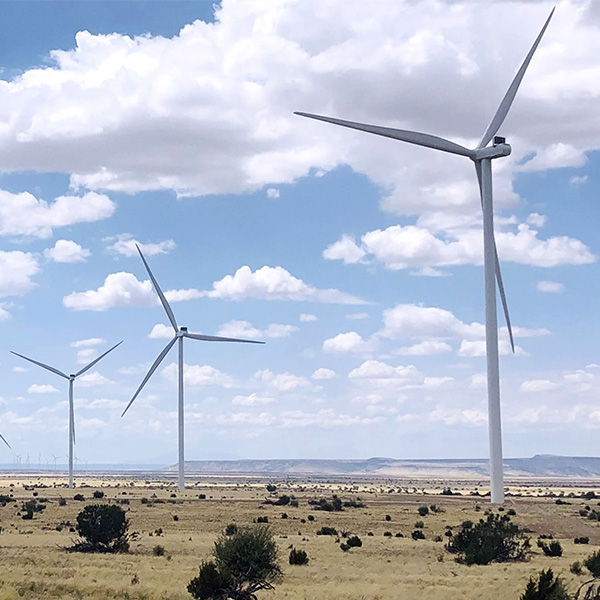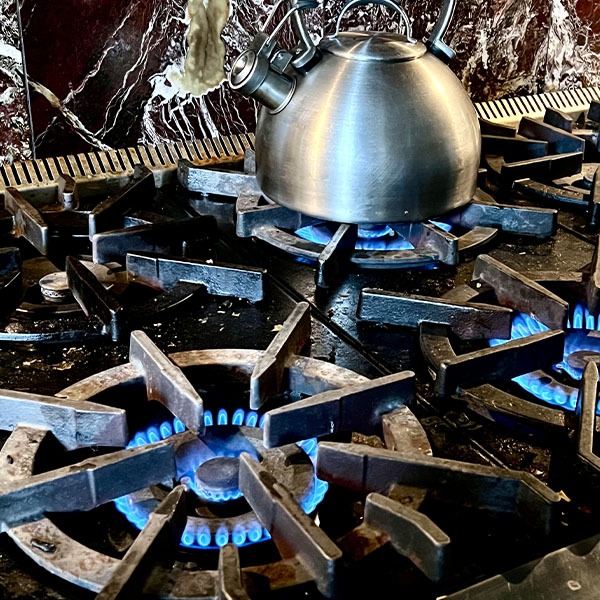Energy Efficiency
Energy Secretary Jennifer Granholm defended her department’s $51 billion budget proposal for FY25 before hostile Republicans on the Senate Energy and Natural Resources Committee.
The D.C. Council has approved a bill aimed at electrifying 30,000 low-income homes across the district by 2040, but a fight is brewing over funding for the program.
The Biden administration released a plan to decarbonize the country’s building sector, which it says could reduce emissions in the sector by 65% by 2035 and 90% by 2050.
Building decarbonization is at once critical for the environment, expensive for building owners and potentially taxing for the power grid.
Arguments over alternative fuels are a main point of contention in the Massachusetts Department of Environmental Protection’s development of a clean heat standard.
The networked heating systems New York wants to test on a pilot scale hold promise for the environment and society but are taking time to design.
With Maryland facing rising budget deficits, legislators are focusing on removing barriers to zero-emission technologies, rather than proposing new funding.
The momentum created by billions of dollars in federal incentives and tax credits has been tempered by supply chain constraints and the impacts of inflation and higher interest rates.
As state regulators begin a process to repeal renewable energy and energy efficiency standards for electric utilities, a group of lawmakers want the regulators to reconsider clean energy rules they previously rejected.
The U.S. Department of Energy has finalized new efficiency standards for residential cooking appliances, ushering in modest increases that will take effect in January 2028.
Want more? Advanced Search
